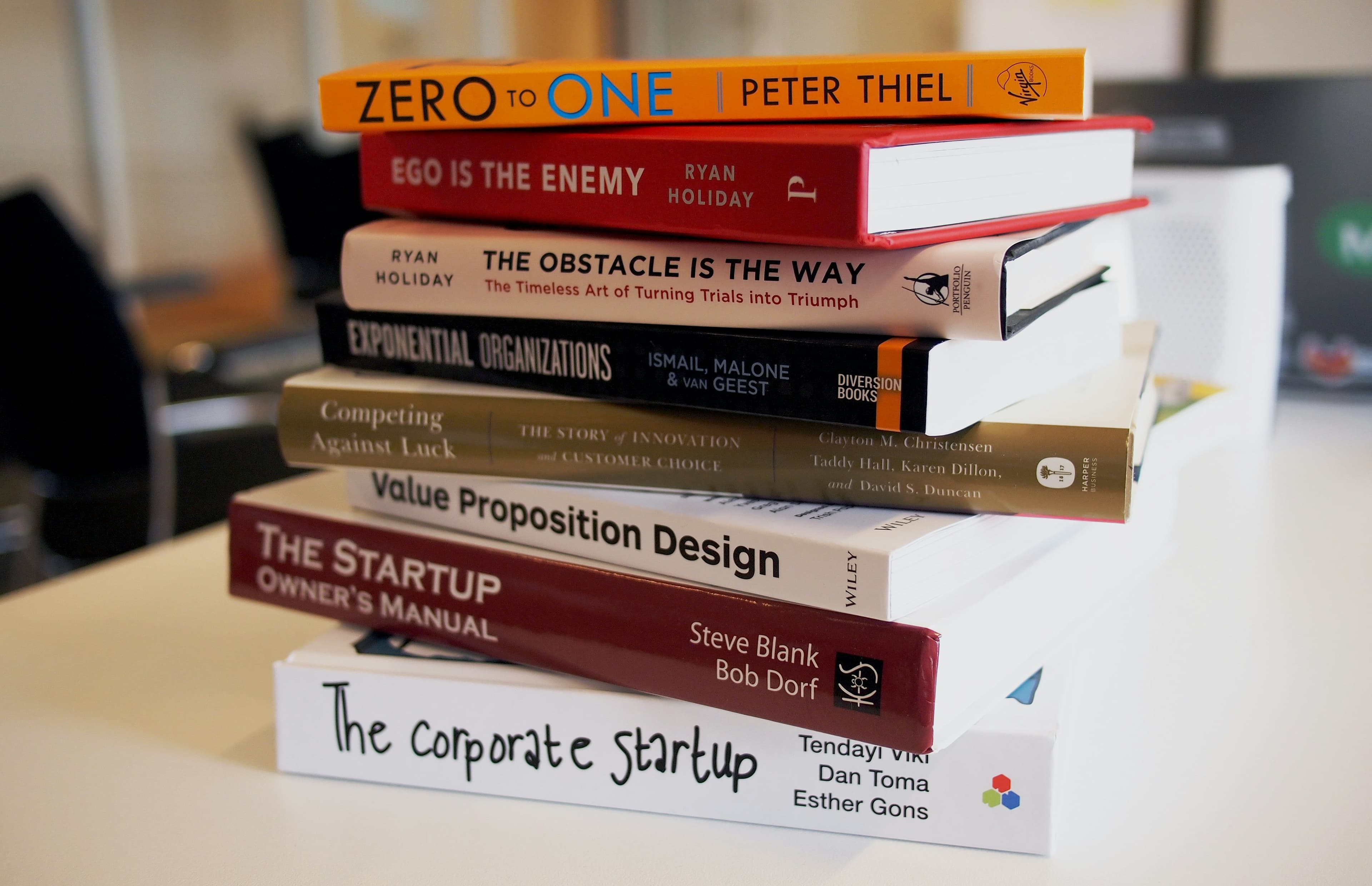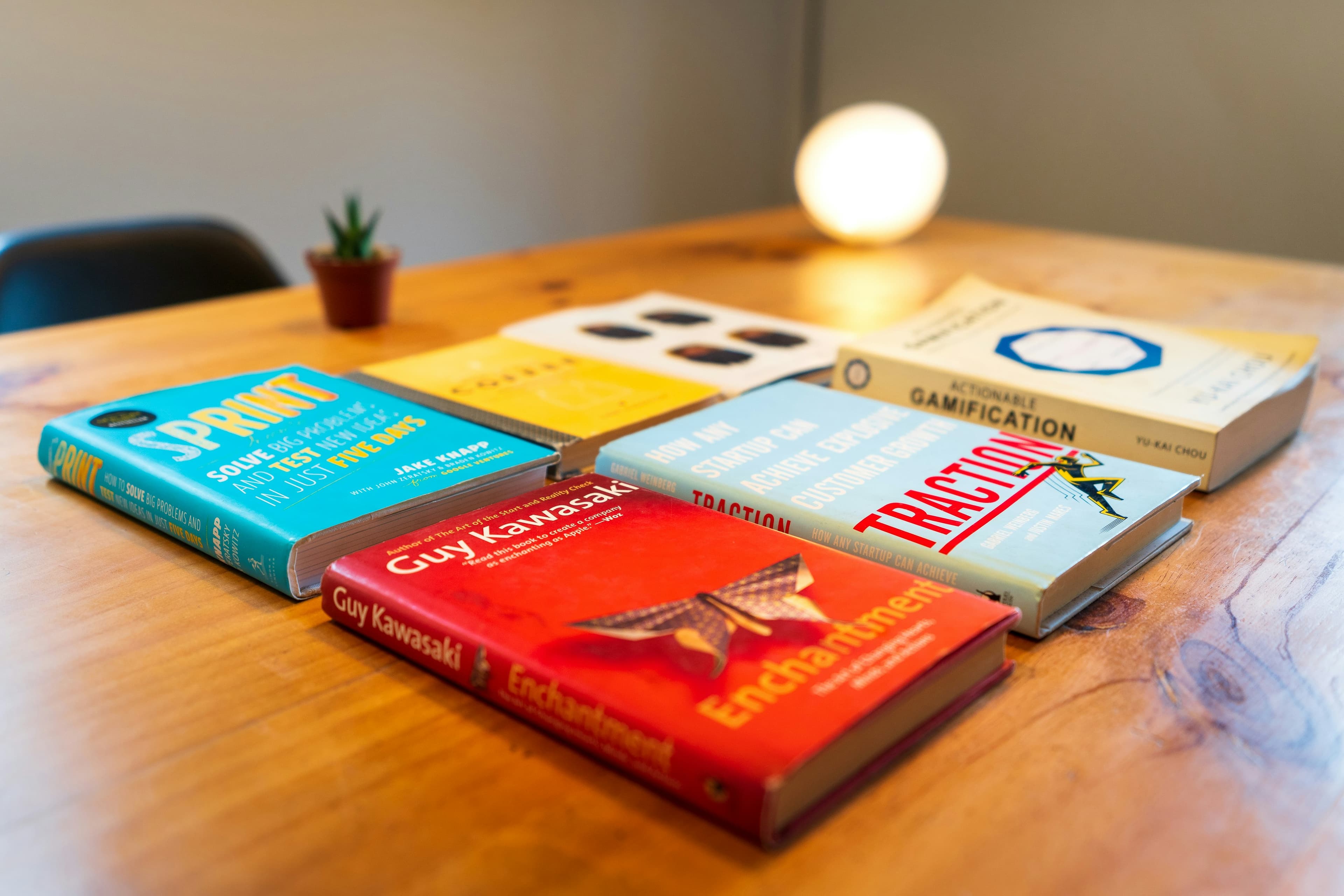The Content Strategy I Used to Get Found on Google

Answering the call of entrepreneurship, whether you're launching a or rethinking an established company, requires a specific mindset. As spiritualist Meister Eckhart said, you must "be willing to be a beginner every single morning." Adopting this fresh perspective is crucial for building a marketing approach that actually works in today's digital world.
The old ways of thinking—doing things just because that's how they've always been done—are a dead end. In the world of online business, things are constantly changing. Gordon Gekko famously said that "money doesn't sleep," and neither does the internet. Having a digital strategy that's always working for you, even passively, is no longer optional. But to build that well-oiled machine, you have to start with a solid foundation.
The Problem: Why Expertise Isn't Enough for Google
When I published a book on influencer marketing, I ran into a problem every business owner faces: how do I get the word out? I knew it would be a game-changer if my content appeared whenever someone searched for the topic. But just because I was an author didn't mean search engines saw me as an expert.
A quick audit of my own digital presence revealed a glaring weakness. While I ranked for other topics, I was virtually invisible for influencer marketing. Amazon’s search engine knew who I was, but Google barely gave me a second glance. To fix this, I had to prove my authority, and you can't do that without content. This is a fundamental challenge for any trying to make its mark.
The core of any digital marketing strategy starts with your website—your digital storefront. In the past, a prime physical location was everything. Today, Main Street is Google. The issue is that most companies get this wrong. They either set up a simple e-commerce store with a product list, launch a slick corporate site with no real substance, or start a blog with the wrong content for the wrong reasons. These static approaches are like opening a shop on a backstreet and just hoping people find you.
Building Your Digital Foundation with Content Marketing
A blog is the tool that can fix this visibility problem, but only if it's used strategically. It allows you to build a valuable content asset that draws in visitors and builds authority. Search engines aren't just Google; they're everywhere people look for information, from YouTube and TikTok to Amazon and Apple Podcasts. Good has a long shelf life, with podcasts and videos often staying relevant for years.
When I was promoting my book, I appeared as a guest on 100 different podcasts. Each appearance became another way for people to find me, especially since many podcasters publish transcripts and show notes that link back to their guests.
Search engines are in a constant state of improvement, always looking for new and helpful content. Google's own advice compares its updates to refreshing a "top 100 movies" list; new, more deserving films naturally rise to the top. This means there's always an opportunity. If you search for topics in your own field, you'll often find outdated or just plain bad content ranking high. This is your opening.
Google’s "Helpful Content Update" rewards original material written by people, for people. It specifically looks for content demonstrating first-hand expertise. If you truly know your stuff, you have a huge advantage. This is what separates genuine insight from the flood of low-quality, factory-generated articles churned out by content mills and AI, which often lack depth and engagement. People quickly realize this content doesn't answer their questions, and they leave. When you create truly valuable content, visitors stick around, sending positive signals to search engines that you are an authority. This might seem like a small thing at first, but it compounds as you build out what I call a "Library of Content."
How to Plan Your Library of Content
Marketing has always been about relationships, and today that includes your relationship with algorithms. To build trust with both, you need a plan. We're writing for people, but we're intelligently considering how algorithms work at every step. This methodical approach is essential whether you're building a brand or .
To get my book noticed, I had to develop my own Library of Content. Here’s the process I followed:
- : Using an SEO tool, I found 14,172 keyword variations and 1,504 questions related to influencer marketing. This massive list was my raw material.
- : I narrowed that list down to the top 52 keywords, which gave me a plan for one blog post a week for a year. This consistent effort was designed to build my authority over time.
- : I made sure I understood what people were actually looking for with each keyword. Sometimes different phrases (like "what is influencer marketing" and "influencer marketing definition") are looking for the same answer, so there's no need to write two separate posts.
- : I organized my list from the easiest to the hardest keywords to rank for. By tackling the less competitive topics first, I could get some quick wins and establish momentum. As search engines started to recognize my authority on these smaller topics, it became easier to rank for the more competitive ones.
The results were telling. When I started in November 2020, I had just three posts ranking in the top 10. A year later, after consistently publishing insightful content, I was ranking in the top 100 for 47 of my target keywords, in the top 10 for 30 of them, and held the number one spot for five. This research provides a roadmap, ensuring your expertise isn't just shouted into the void.
Seeing it Work: A Startup Company's Success Story
This isn't just a theory; it works for all kinds of businesses, even a macaron shop. When Anthony and Yami Rosemond moved from France to California, they launched Pastreez. They knew they wanted to scale online, so a powerful digital presence was key from day one.
Anthony used an SEO tool to see what his competitors were doing and, more importantly, what they weren't. He found a huge opportunity with the keyword "macarons near me." Search demand was high, but no one was actively targeting it. He treated SEO as a way to answer people's questions, building out a blog that addressed common queries like "why are macarons so expensive?" and "are macarons gluten-free?"
By creating this Library of Content, Pastreez became the go-to source for macaron-related questions. As Anthony explained, "Most of our traffic is organic." While informational content doesn't always lead to an immediate sale, it dramatically increases the "foot traffic" your business needs to grow. It builds the authority and trust that turns searchers into customers. Failing to build this content strategically is just throwing your time and money away.








